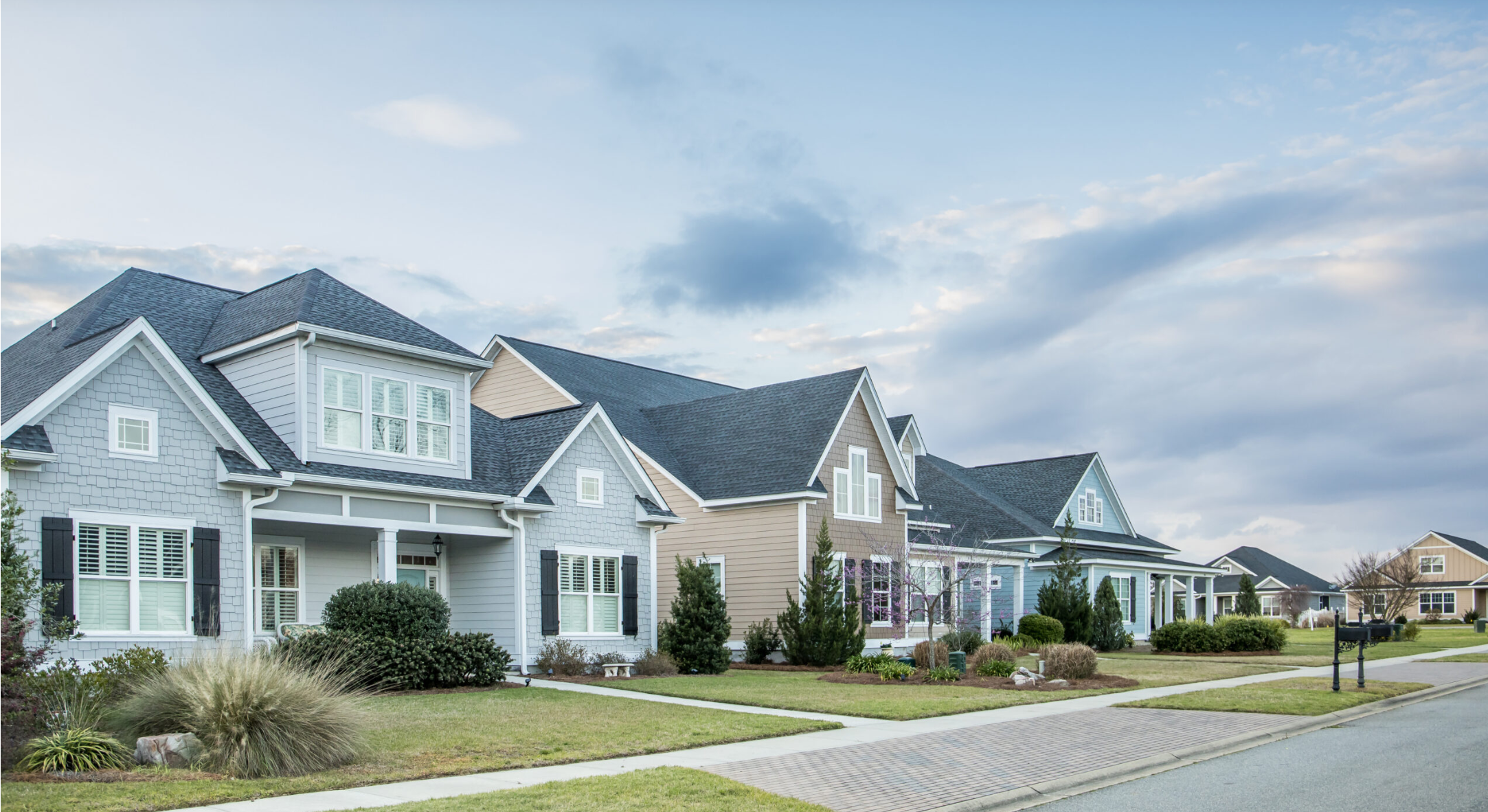Tips for Selecting the Best Neighborhoods for Investment
https://buymeacoffee.com/kaysogy/tips-selecting-best-neighborhoods-investment
 Investing in real estate is a significant decision that requires careful consideration of various factors, and choosing the right neighborhood is one of the most critical aspects. The location of a property can significantly impact its value, rental income potential, and long-term appreciation. To make a wise investment, it’s essential to understand what makes a neighborhood ideal for real estate investments. Below are some comprehensive tips to help you select the best neighborhoods for your next real estate venture.
Investing in real estate is a significant decision that requires careful consideration of various factors, and choosing the right neighborhood is one of the most critical aspects. The location of a property can significantly impact its value, rental income potential, and long-term appreciation. To make a wise investment, it’s essential to understand what makes a neighborhood ideal for real estate investments. Below are some comprehensive tips to help you select the best neighborhoods for your next real estate venture.
1. Understand Market Trends: Before diving into any real estate investment, it’s crucial to research and understand current market trends. Pay attention to property price trends in the neighborhood over the past few years. If prices have been steadily increasing, it may indicate a growing demand and a potentially profitable investment. Use data analytics to assess these trends and predict future performance.
2. Evaluate the Local Economy: A neighborhood’s economic health is directly linked to its real estate market. Look for areas with a strong, diverse economy that is not overly dependent on a single industry. Neighborhoods near growing business districts, technology hubs, or new commercial developments often offer better investment opportunities due to job creation and an influx of residents.
3. Check the Crime Rate: Safety is a top priority for renters and buyers alike. Neighborhoods with low crime rates tend to attract more residents, driving demand for rental properties and increasing property values. You can usually find crime statistics online or by contacting the local police department. Investing in a safe neighborhood ensures that your property remains attractive to potential tenants or buyers.
4. Assess the Quality of Schools: For many families, proximity to high-quality schools is a significant factor when choosing a home. Properties in neighborhoods with reputable schools often have higher demand, resulting in better rental yields and appreciation potential. Research the local school district and consider how the quality of education may impact your investment.
5. Look for Upcoming Infrastructure Projects: Investing in a neighborhood with planned infrastructure projects can be a strategic move. Developments such as new highways, public transportation lines, shopping centers, and parks can significantly boost property values. Stay informed about local government plans and consider how these projects may influence the area’s desirability in the future.
6. Consider the Walkability and Amenities: The availability of amenities such as grocery stores, restaurants, parks, and entertainment venues is another important factor. Neighborhoods with high walkability scores tend to attract tenants who prefer convenience and a vibrant lifestyle. Additionally, areas with easy access to public transportation are often more desirable for renters.
7. Evaluate the Rental Market: Understanding the rental market in a neighborhood is crucial if you’re investing in rental properties. Research the average rental prices and vacancy rates to gauge the potential rental income. High demand for rentals, coupled with reasonable vacancy rates, indicates a strong rental market, making it a sound investment choice.
8. Study Demographic Trends: Demographics play a significant role in real estate investment. Consider the age, income level, and population growth of the area. Neighborhoods with a growing population and a mix of age groups often offer better long-term investment prospects. Additionally, areas popular among young professionals or families tend to have a higher demand for rental and purchased properties.
9. Analyze the Job Market: A neighborhood with a robust job market attracts a steady flow of residents, increasing demand for housing. Research the local job market, focusing on employment rates, major employers, and job growth potential. Areas near universities, hospitals, or major corporations often offer strong investment opportunities due to the constant demand for housing.
10. Consult with Local Real Estate Experts: Local real estate agents and investors are invaluable resources when researching neighborhoods. They have first-hand market knowledge and can provide insights into emerging neighborhoods that may not be on your radar. Networking with these professionals can help you identify hidden gems and make informed decisions.
Conclusion: Selecting the right neighborhood for real estate investment requires a blend of research, analysis, and intuition. By focusing on market trends, the local economy, crime rates, school quality, infrastructure, and other key factors, you can identify neighborhoods with the best potential for profitable investment. Remember, the success of your real estate investment is not just about buying the right property but also about choosing the right location.
Comments
Post a Comment